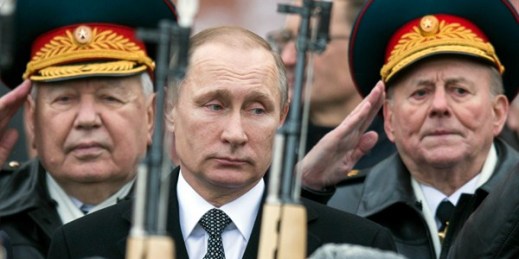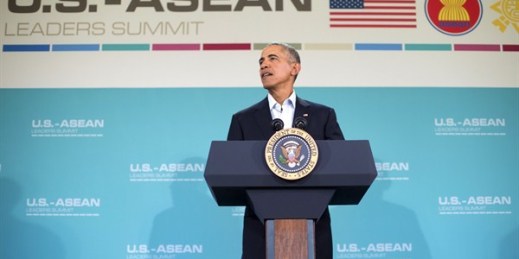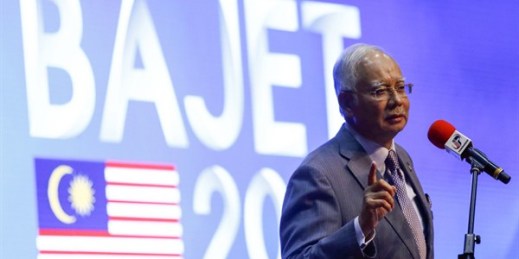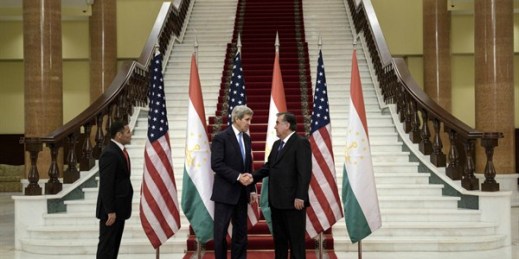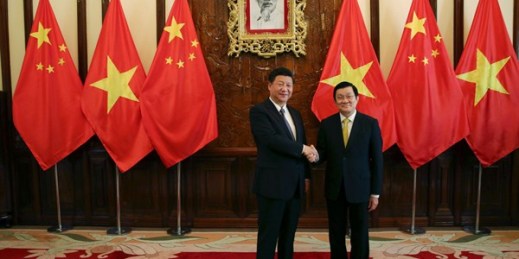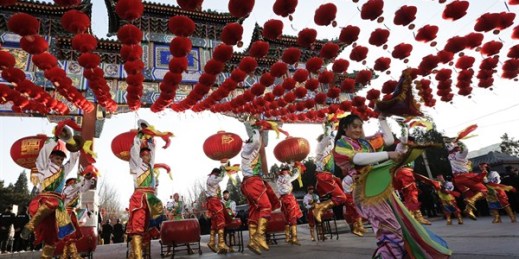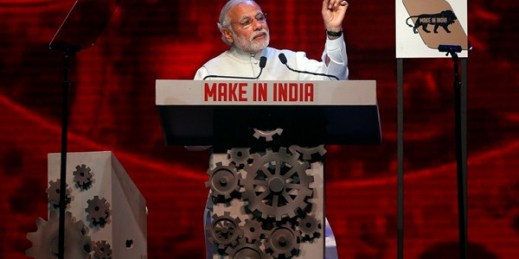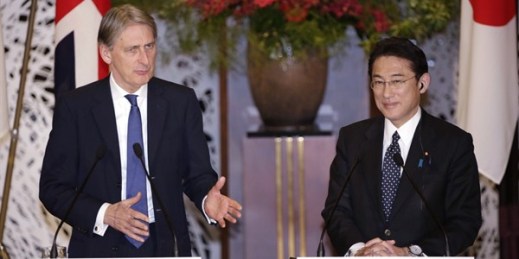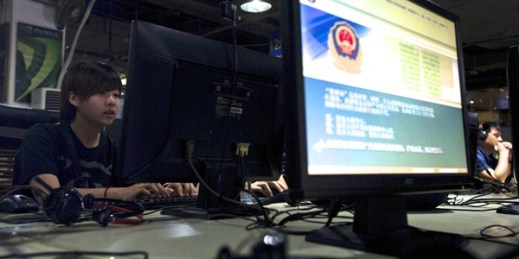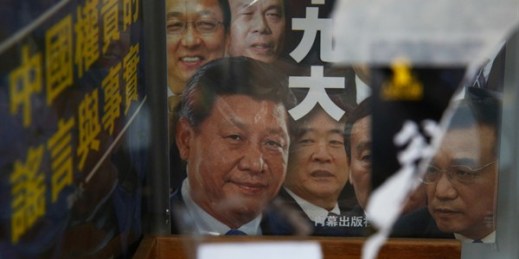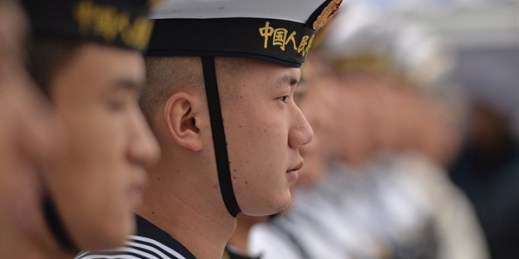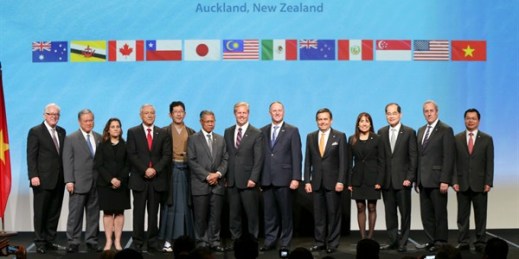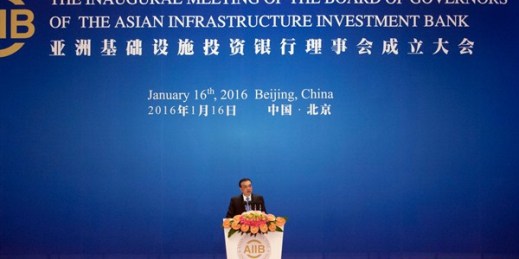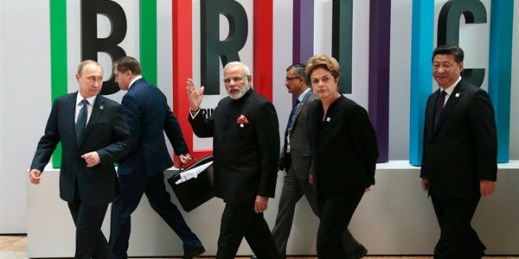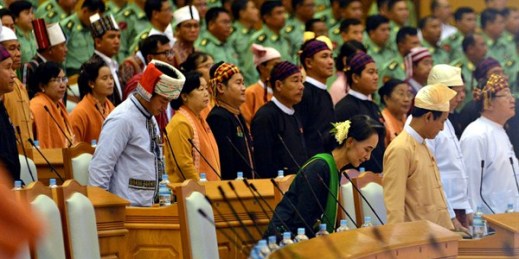
Earlier this month, on Feb. 1, Myanmar’s first democratically elected parliament in more than half a century held its first session since landmark elections last November. Dominated by Nobel Peace Prize laureate and longtime democracy advocate Aung San Suu Kyi’s National League for Democracy (NLD), which won nearly 80 percent of its seats, the parliament faces a host a challenges, from internal ethnic conflicts to the plight of the minority Rohingya Muslims. But when it comes to international affairs, no issue is perhaps more delicate and consequential than dealing with Myanmar’s powerful neighbor and patron, China. Beijing signaled its interest […]

